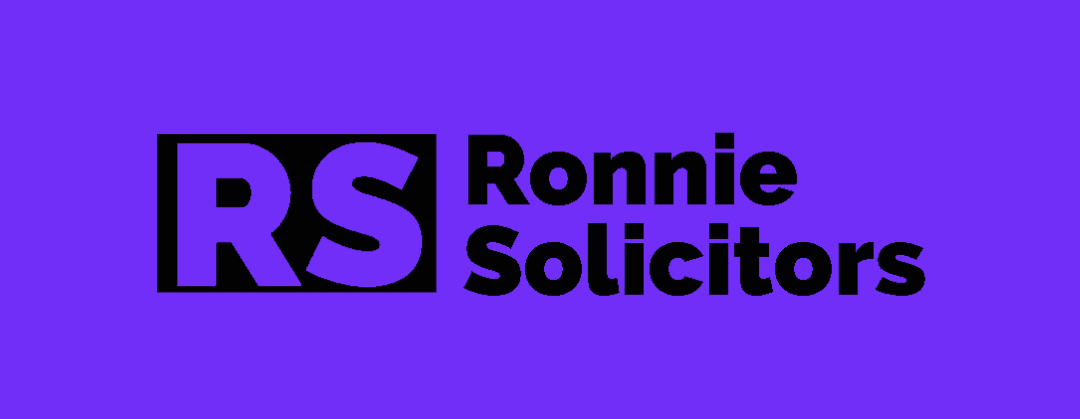Most people think of motor vehicle offenses as minor crimes that don’t merit much attention. In reality, though, these offenses can have serious consequences both for the individual and for society as a whole. This is especially true when it comes to drunk driving, which can lead to accidents and fatalities. In this post, we’ll take a closer look at some of the most common motor vehicle offenses and what you can do to avoid them.
Elements of the crime
Each charge must be proven to the court by evidence, which includes many factors. Every crime necessitates a men’s rea (the mental state of the offender) as well as an actus reus (the action).
Burden of proof
The victim’s family members or friends typically assist the Crown Prosecution Service in presenting evidence against the perpetrator. The Crown Prosecution Service will usually be tasked with proving the case against the offender. The burden of proof will shift to the defense in some cases. If the burden of proof is on the Crown Prosecution Service, it must be proved beyond a reasonable doubt. The standard of evidence will be on the balance of probabilities if the burden has been placed on the defense.
Initiation of commencement
Fixed penalty notices – A fixed penalty notice may be issued for some infractions, and they will not need to appear in court. If the behavior is acknowledged and the defendant’s driving license is handed to the police within the allotted time, they will be fined and their license will be marked with points.
Postal Requisition – The majority of cases begin with a postal requisition, which is the new name for a Magistrates’ Court summons and contains information on the crime and the date and time of the hearing at court. In the first instance, a choice will be available to plead guilty by post or to enter a not guilty plea by post.
Summons – This was the prior way to request someone to appear in court regarding a minor traffic offense. It’s a legal paper that specifies the violation and the date and time of the hearing.
Charge – The police may arrest someone for a motoring offense if they are engaged in one, and they believe it is necessary to arrest them, such as when their name and address cannot be obtained to serve a postal requisition.
Types of motor vehicle offenses
Summary only – These are crimes that must be handled in the Magistrates Court. They’re generally minor road traffic offenses, such as speeding, driving without due care and attention, and failing to stop and report an accident.
Either way offenses – The following are examples of cases that can be dealt with in either the Magistrates Court or the Crown Court, depending on the severity of the crime and whether the offender opts for a jury trial.
Indictable only – These are issues that can only be handled in the Crown Court, as they involve significant penalties. These are the most serious motor vehicle infractions, such as driving while disqualified.
You can find out more about the different types of motoring offences at mooremotoringlaw.co.uk
Courts
Magistrates Court – The Magistrates’ Court, which has unlimited jurisdiction over minor traffic infractions, will hear most motor vehicle crimes. However terrible they are, they will begin in the Magistrates Court. They may stay in the Magistrates Court if they are only summary offenses, but if they are either way offenses, they can be sent to the Crown Court instead. Only those charges that are indictable only will be taken to the Crown Court.
Crown Court – Anyhow, offenses may be assigned to the Crown Court, and indictable-only crimes must be sent there.
Magistrates Court
The High Court is made up of three lay magistrates or a District Judge.
Crown Court
A Crown Court Judge will deal with all matters except trials which are dealt with by way of a jury made up of twelve jurors who will be advised on matters of law by the Judge.
Plea
Guilty – If the defendant is found guilty, a counsel may advise him or her to enter a guilty plea if the elements of the charge are established or if they accept responsibility for it.
Not guilty – If the elements of the crime are not established or if the accusation is denied, a defendant may be advised to plead not guilty.
No Plea – The CPS may advise a defendant not to enter a plea if the case is undecided and whether the elements of the crime are established, where evidence is missing, or where an alternative charge that is more suitable might be brought.
Venue decision
The Crown Prosecution Service will make representations to the court in which they believe the matter should be dealt with, depending on the gravity of the crime, considering the offender’s prior convictions and sentencing guidelines for that offense. The defense will be permitted to make representations, and the court will ultimately determine which court is most appropriate.
Guilty
The court will sentence the defendant if he or she pleads guilty. If a case is handled in the Magistrates’ Court and the Court feels its powers of punishment were insufficient, the Magistrates may send it to the Crown Court for a verdict.
Not guilty
If the defendant pleads not guilty, there will be a trial at which evidence will be presented and a decision reached by the court. The following are some of the possible outcomes:
- An acquittal – if the defendant is found not guilty
- A conviction – if the court finds the defendant guilty of the offense
- Alternative verdicts – If, after a jury trial, the court is not satisfied with “beyond a reasonable doubt” for one crime but is convinced with “beyond a reasonable doubt” for another, it can convict the other if the legislation allows an alternative verdict to be determined by the court.
Sentence
If the defendant pleads guilty or is found guilty at trial, the court will hand out a sentence for the crime. The court will be guided by the Sentencing Guidelines in determining what sort of penalty to impose. The court should also determine if it will suspend the suspension or revoke it and, if so, for how long. It must consider several factors in deciding whether to suspend or revoke a suspension.
Costs
If a private paying individual is found not guilty of a crime, they may be able to seek reimbursement for some of their legal fees. Even if a firm is acquitted of an offense, it cannot apply to costs.

